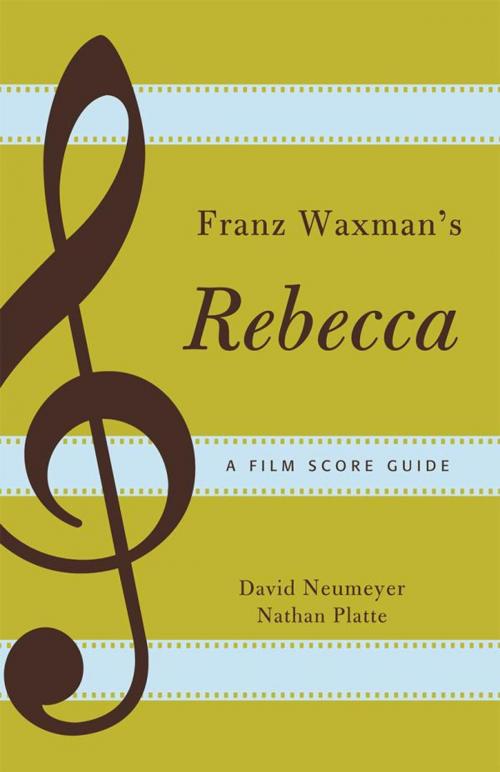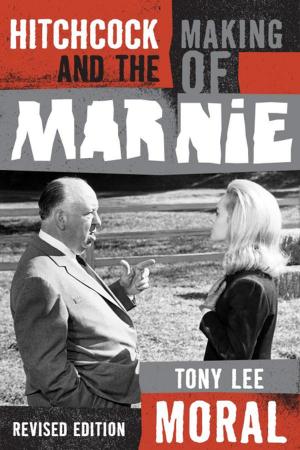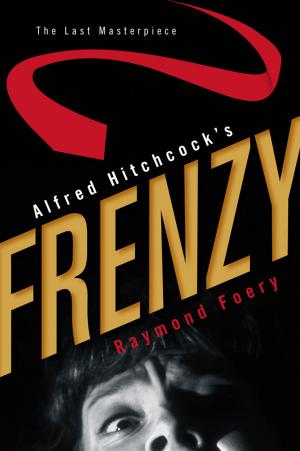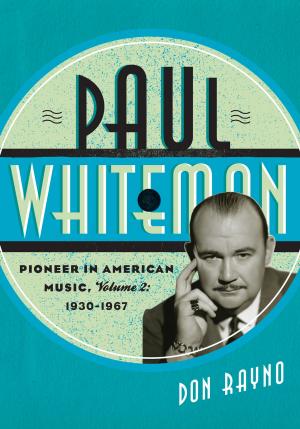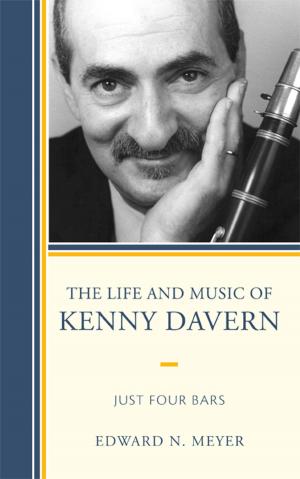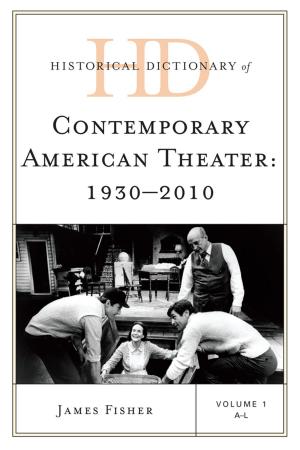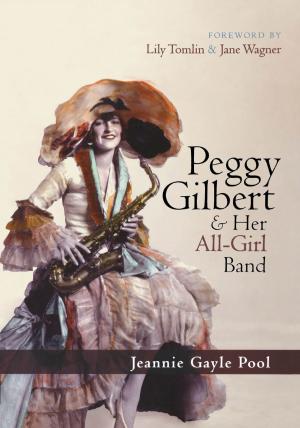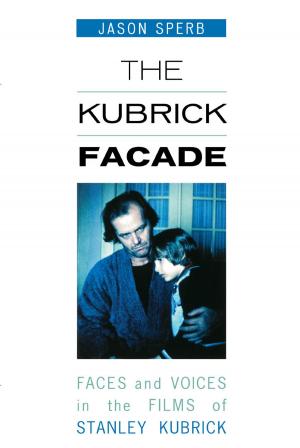Franz Waxman's Rebecca
A Film Score Guide
Nonfiction, Entertainment, Music, Instruments & Instruction, Composition, Theory & Criticism| Author: | David Neumeyer, Nathan Platte | ISBN: | 9780810883666 |
| Publisher: | Scarecrow Press | Publication: | December 6, 2011 |
| Imprint: | Scarecrow Press | Language: | English |
| Author: | David Neumeyer, Nathan Platte |
| ISBN: | 9780810883666 |
| Publisher: | Scarecrow Press |
| Publication: | December 6, 2011 |
| Imprint: | Scarecrow Press |
| Language: | English |
Upon his arrival in Hollywood, Alfred Hitchcock began work on his first American film, an adaptation of Daphne du Maurier’s best-selling novel. Produced by David O. Selznick and featuring compelling performances by Laurence Olivier, Joan Fontaine, and Judith Anderson, Rebecca became one of Hitchcock’s most successful films. It was nominated for eleven Academy Awards and received the Oscar for Best Picture, the only Hitchcock work to be so honored. Without question, one of the reasons for the film’s success is its ninety minutes of dramatic musical underscoring by Franz Waxman.
In Franz Waxman’s Rebecca: A Film Score Guide, David Neumeyer and Nathan Platte situate the score for this classic work within the context of the composer’s life and career. Beginning with Waxman’s early training and professional experience as a jazz musician and film-music arranger-orchestrator in Berlin, the authors also recount the composer’s work in the music department at MGM between 1936 and 1942. During this period, Waxman was loaned out to Selznick International Pictures and wrote the music for Rebecca. Through manuscript and archival research, Neumeyer and Platte untangle the threads of the film’s complicated music production process, which was strongly influenced by Selznick’s habit of micromanaging music choices and placement. This volume concludes with a thematic analysis and reading of the score that incorporates commentary on scenes and cues.
The first book devoted to the music of a single film by this great composer from Hollywood’s golden age, Franz Waxman’s Rebecca: A Film Score Guide will be of interest to musicologists and film scholars, as well as fans of Alfred Hitchcock and Franz Waxman.
Upon his arrival in Hollywood, Alfred Hitchcock began work on his first American film, an adaptation of Daphne du Maurier’s best-selling novel. Produced by David O. Selznick and featuring compelling performances by Laurence Olivier, Joan Fontaine, and Judith Anderson, Rebecca became one of Hitchcock’s most successful films. It was nominated for eleven Academy Awards and received the Oscar for Best Picture, the only Hitchcock work to be so honored. Without question, one of the reasons for the film’s success is its ninety minutes of dramatic musical underscoring by Franz Waxman.
In Franz Waxman’s Rebecca: A Film Score Guide, David Neumeyer and Nathan Platte situate the score for this classic work within the context of the composer’s life and career. Beginning with Waxman’s early training and professional experience as a jazz musician and film-music arranger-orchestrator in Berlin, the authors also recount the composer’s work in the music department at MGM between 1936 and 1942. During this period, Waxman was loaned out to Selznick International Pictures and wrote the music for Rebecca. Through manuscript and archival research, Neumeyer and Platte untangle the threads of the film’s complicated music production process, which was strongly influenced by Selznick’s habit of micromanaging music choices and placement. This volume concludes with a thematic analysis and reading of the score that incorporates commentary on scenes and cues.
The first book devoted to the music of a single film by this great composer from Hollywood’s golden age, Franz Waxman’s Rebecca: A Film Score Guide will be of interest to musicologists and film scholars, as well as fans of Alfred Hitchcock and Franz Waxman.
